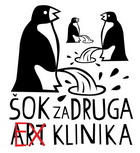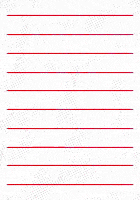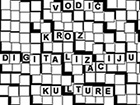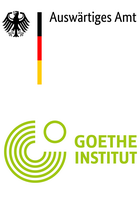Andras Urban: The insecurity of everything we do

Andras Urban, a director recognizable by his provocative and engaged plays, believes that the corona virus pandemic has led to the changes in attitudes towards the quality and values in theatre. Urban also refers, in an interview with the SEEcult.org, to epidemiological measures, the position of artists, difficulties in organizing programs, and on the phenomenon of accepting the control of the society, which was further intensified by the pandemic. He estimates that everything that is happening now, including various ideologies that have surfaced in connection to the survival of the pandemic, will produce a new way of life, and that there will be no return to the old.
While artists like him are honored in England by the queen personally, and in France they become knights of art or recipients of the Order of the Legion of Honor medals, here they are lucky if they can still work unhindered. And Andras Urban works a lot, he doesn't stop - from Bitola through Sarajevo to Ljubljana, and soon again in Serbia - in Sombor he is directing "King Ubu". The Kosztolányi Dezső Theatre in Subotica, which he heads, is organizing the 13th edition of the Desire Central Station festival in November, under the slogan "The History and you".
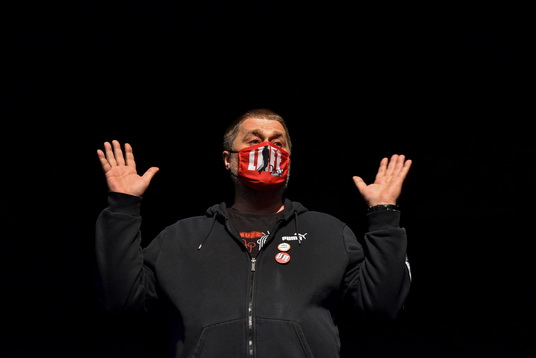
Desire 2020, foto: Molnár Edvárd
In his opinion, one cannot speak of this pandemic in past tense.
"What we are talking about is not the history of the corona virus, but the measures that were taken or were not taken. Here, we now have more infected than at the time we were quarantined (during the state of emergency in the spring of 2020). OK, it is clear to us now that the country is more prepared, but again it is not a story about a disease, about a pandemic, but how the human society, the state, had reacted to certain moments of that phenomenon ", says Urban.
As he pointed out, people would need to understand that they have a responsibility for another. "One cannot think that it is a dangerous disease, and someone else cannot think that it is not. There must be a consensus on what this is, what kind of disease it is and how we must behave because of it. We have to protect ourselves and each other with a certain consensus", he added.
Criticizing the state's attitude towards artists during the pandemic, and especially towards the unemployed, freelance artists, Urban also drew attention to the difficulties of organizing a festival such as "Desiree".
"We have never been in such a bad financial situation. The festival will last longer - it just had to be that way because of the booked dates. Just in case, we have a plan B, and that is again what we said at the beginning - a new, specific way of existence… Last year we held the festival in conditions that I would not wish upon anyone. It was wonderful that we prevailed, on one hand, we all felt heroic in that madness: the participants, the organizers, the audience, and on the other hand, it meant daily adjustment due to measures, cancellation of something agreed upon the day before, a backup program and always the dilemma: what if it doesn’t happen, what if it is different. It was really stressful ", stated Urban, adding that the decision of excluding theatres and cinemas from the epidemiological measures proved to be life saving.
"It was an important moment, because theatres can't be in the same basket as catering shops and bars. I have nothing against them, of course, on the contrary, but the treatment cannot be the same. The behavior in a bar, which I visit too, is not the same in relation to the behavior in a theatre ", stated Urban, announcing around 15 programs at the "Desire" festival- the latest play by Josef Nadj "OMMA", the last play of the late Igor Vuk Torbica "Fear", his plays "Mefisto" and "History of Motherfuckers" from Bitola, among others, along with plays from Bosnia, Croatia, France, Hungary and Montenegro.
*The entire interview (in Serbian) can be found on this link.
(SEEcult.org)
Funded by the International Relief Fund for Organisations in Culture and Education 2021 of the German Federal Foreign Office, the Goethe-Institut and other partners, goethe.de/relieffund







